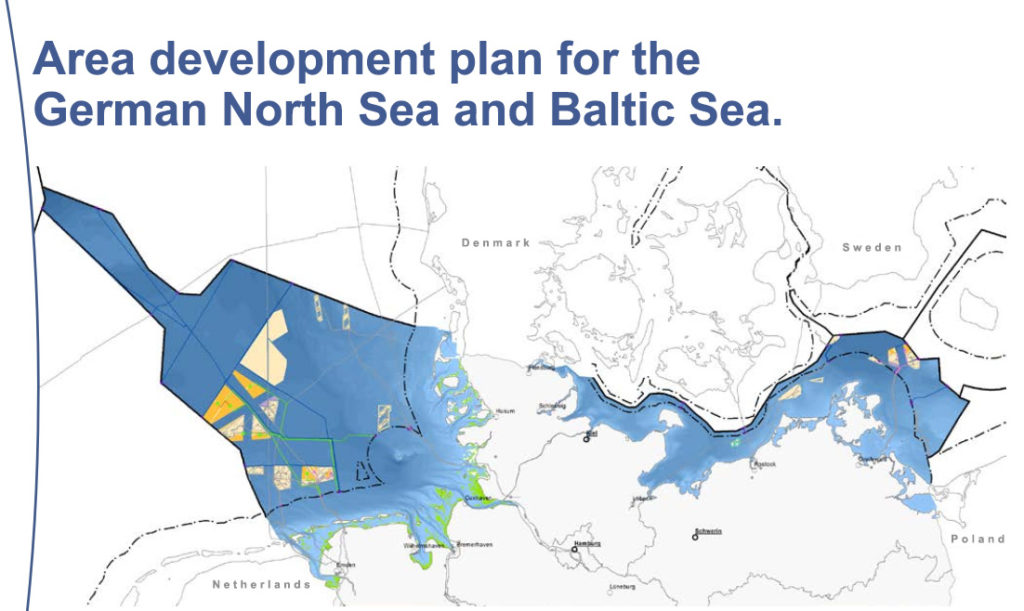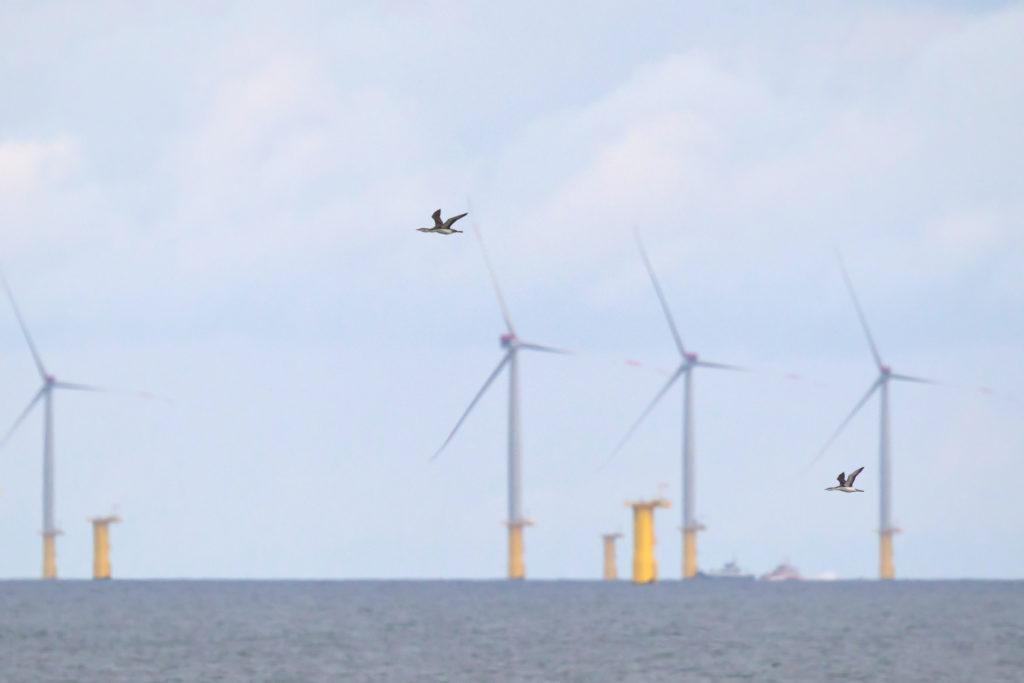The Problem
The expansion of offshore wind energy, in both the North and Baltic Sea, is an important element towards the turnaround in energy policy. According to the German government’s objectives, this expansion should be taking into account the goals of marine nature conservation. A key component in the marine ecosystem in the North and Baltic Sea are wintering seabirds, such as the protected divers.

Red-throated divers occur in the North Sea and Baltic Sea up to a water depth of 40 m and thus overlap with areas suitable for offshore wind energy. At the same time, red-throated divers are very sensitive to disturbances, such as offshore wind farms and shipping traffic in their wintering areas in the North and Baltic Sea. The previous project DIVER as well as other studies indicate large-scale avoidance of divers of up to at least 10 km from offshore wind farms. These findings are significantly higher than previously assumed. As a result, the diver population is displaced to areas far away from wind farms. Particularly affected is the special protection area ‘Eastern German Bight’ in the German North Sea, where red-throated divers occur in high densities in spring.

For the further expansion of offshore wind energy in the German North Sea and Baltic Sea, the increased avoidance distances and displacement of red-throated divers are highly relevant and must be taken into account in further planning. Until now, the long-term impact of habitat loss on the population of red-throated divers is unknown. If red-throated divers are displaced to low-quality food locations, this may impact the fitness of the birds. Yet, no studies have yet been conducted on the foraging behaviour of this species in their wintering grounds. In the previous project DIVER, movement patterns in the resting area were already studied, but the spatial and temporal resolution of the data was relatively low (Dorsch et al. 2019). However, detailed information on movement patterns as well as foraging behaviour of the birds are necessary to understand the effects of offshore wind farms on the population and individual fitness of red-throated divers.